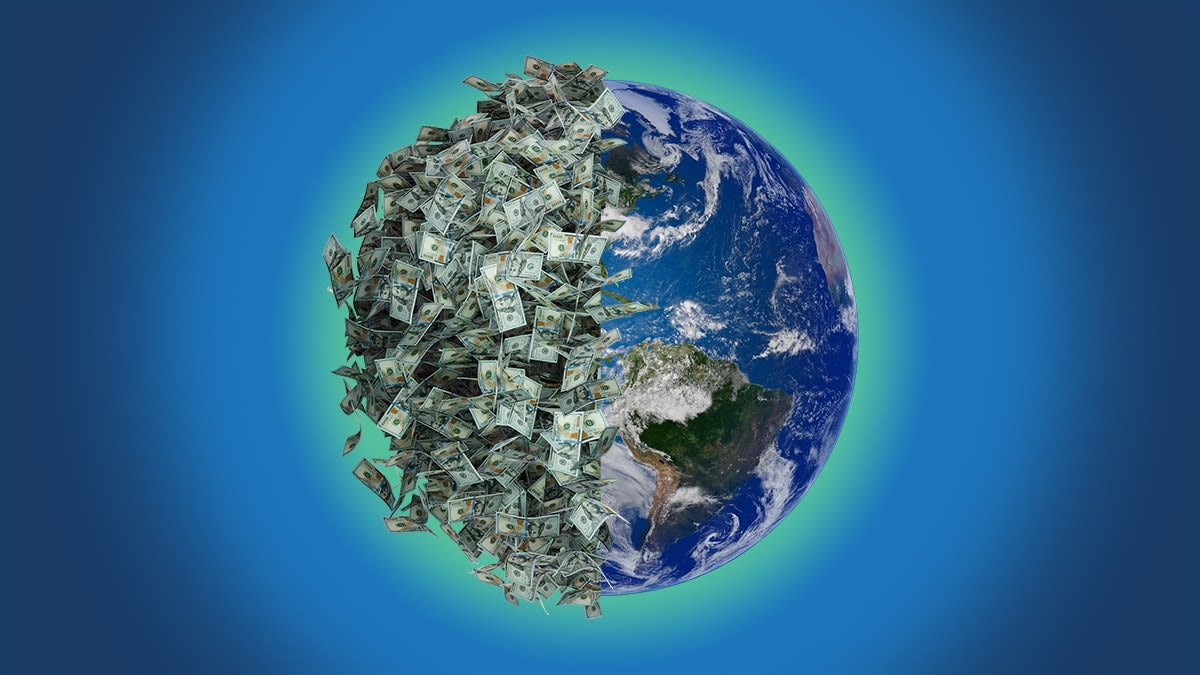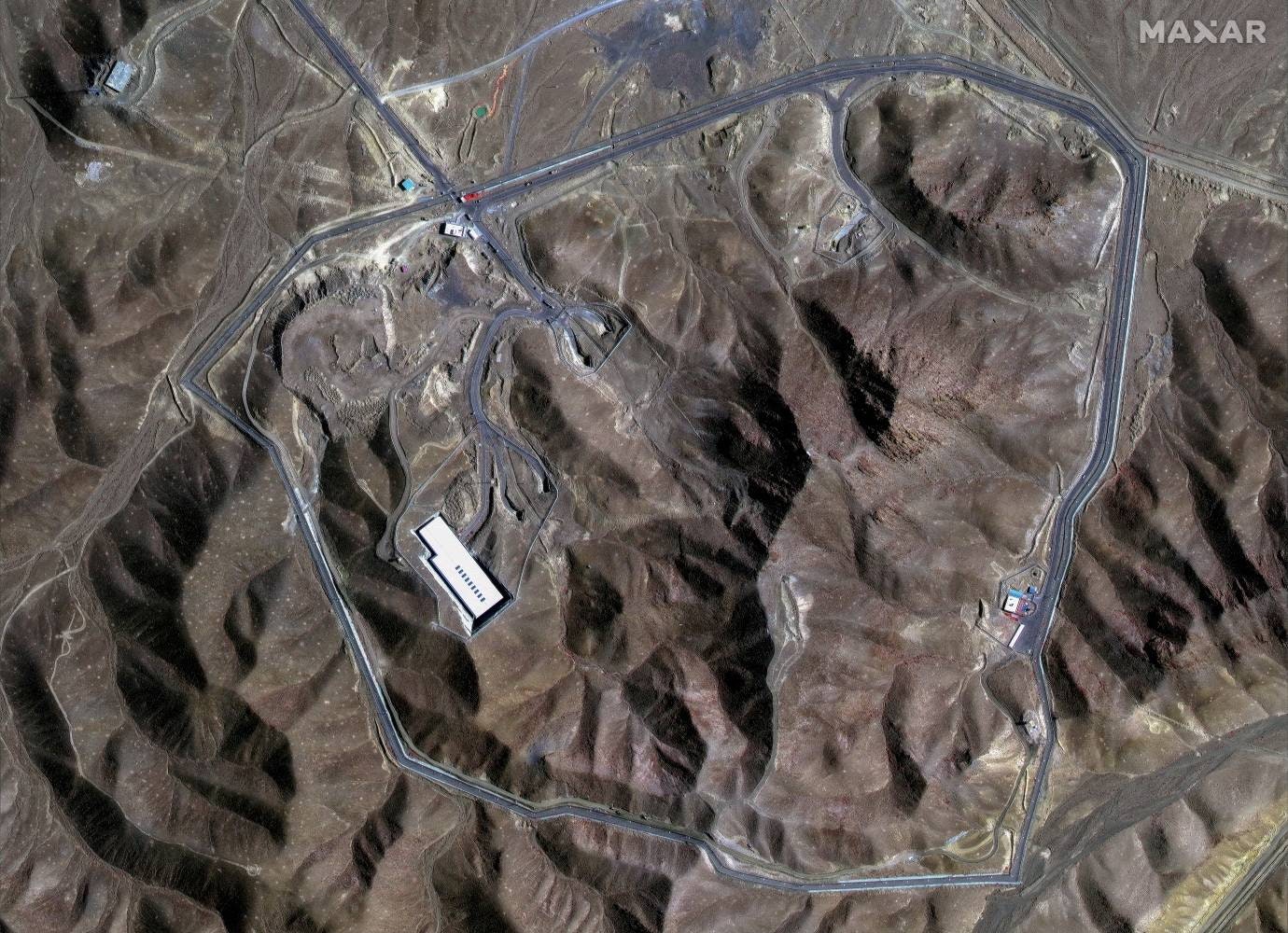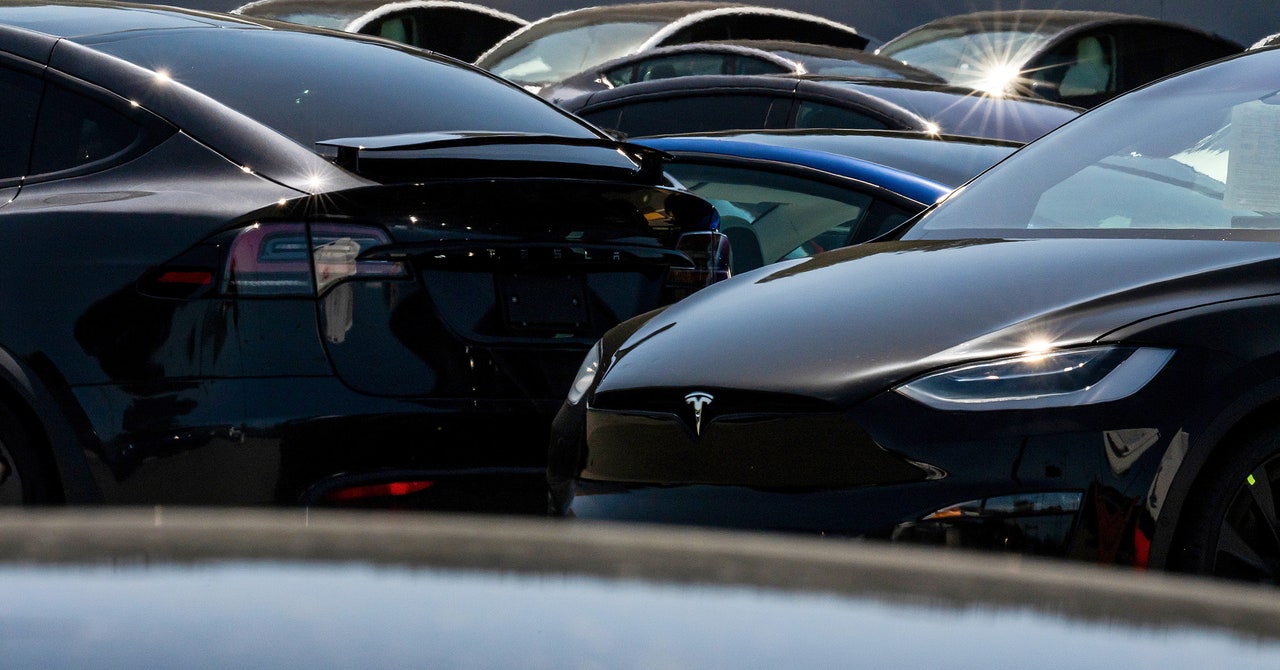
ICF emphasizes throughout the report that its projections are based on numerous assumptions and conjectures and in many cases were extrapolated from specific data points chosen as representatives of broader expense or earnings categories.
For example, the projected cost-of-living increases were based partly on academic or government studies that anticipate rising prices for a hypothetical “market basket” of goods and services that include food, housing, energy, transportation, and healthcare. Food prices, for instance, were extrapolated from data in four studies conducted over the past decade that project corn and wheat crop yields under various climate change scenarios and the price increases that would be expected to result as the market adjusts to the new supply levels.
Despite those and other uncertainties, ICF is confident that it has underestimated, not overestimated, the cost of climate change. The reason is that many likely economic effects of climate change have not been quantified in the scientific literature, so the analysis necessarily left them out.
For instance, the report’s estimates of future personal tax increases did not include the effects of increased government spending due to larger Department of Defense outlays, federal mortgage lending risks, damage to federal buildings and facilities, and more—even though peer-reviewed academic journal articles and the federal Office of Management and Budget have identified all those categories as likely contributors to the growth of future federal budgets.
Tracey Holloway, a professor of atmospheric and oceanic sciences at the University of Wisconsin-Madison and head of a NASA effort to use the agency’s data for public health and air quality management, agrees that the ICF report may underestimate the long-term cost of climate change. On the other hand, she accurately says the study did not attempt to calculate the potential effects of technological advances and adaptations that could mitigate the economic effects of climate change.
“This is an innovative way to approach the issue, and the authors are up front about the limitations of their analysis, because it is so new,” says Holloway, who was not involved in the report but read a draft. “The optimist in me knows there are a lot of moving parts, and it could end up being easier to be sustainable, easier to be resilient, than we thought, and maybe in some ways that will offset the costs that they project.”









